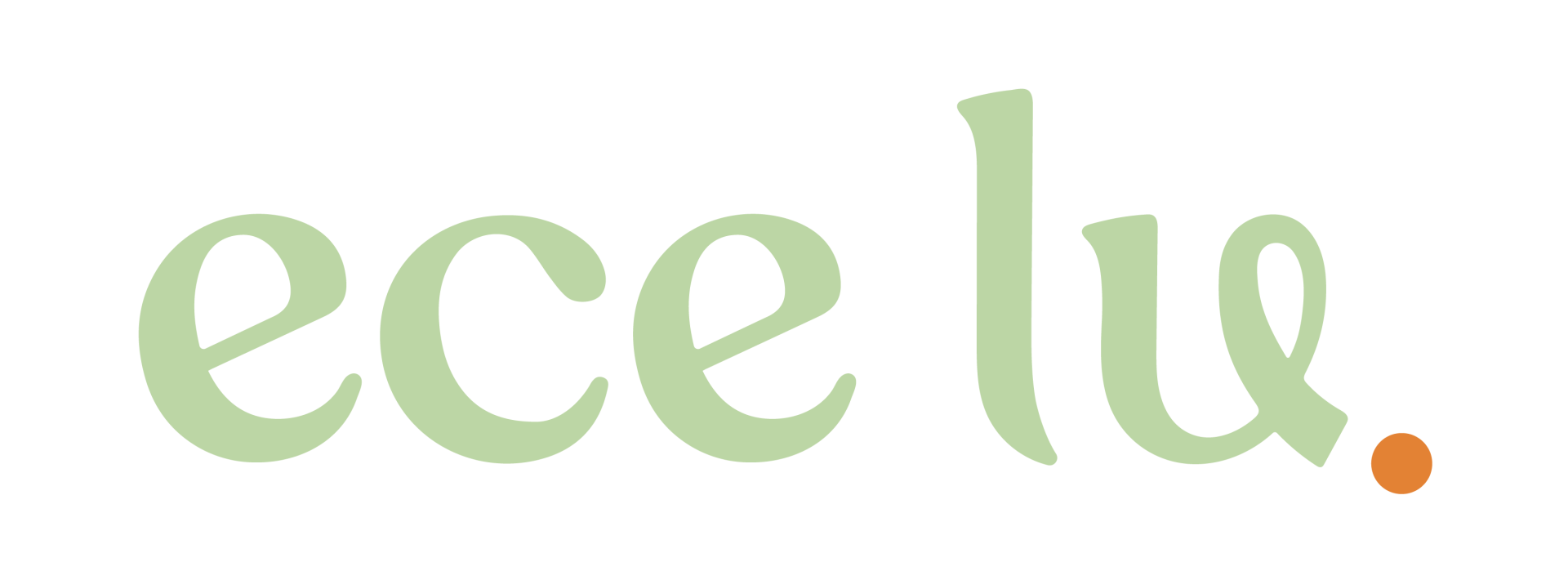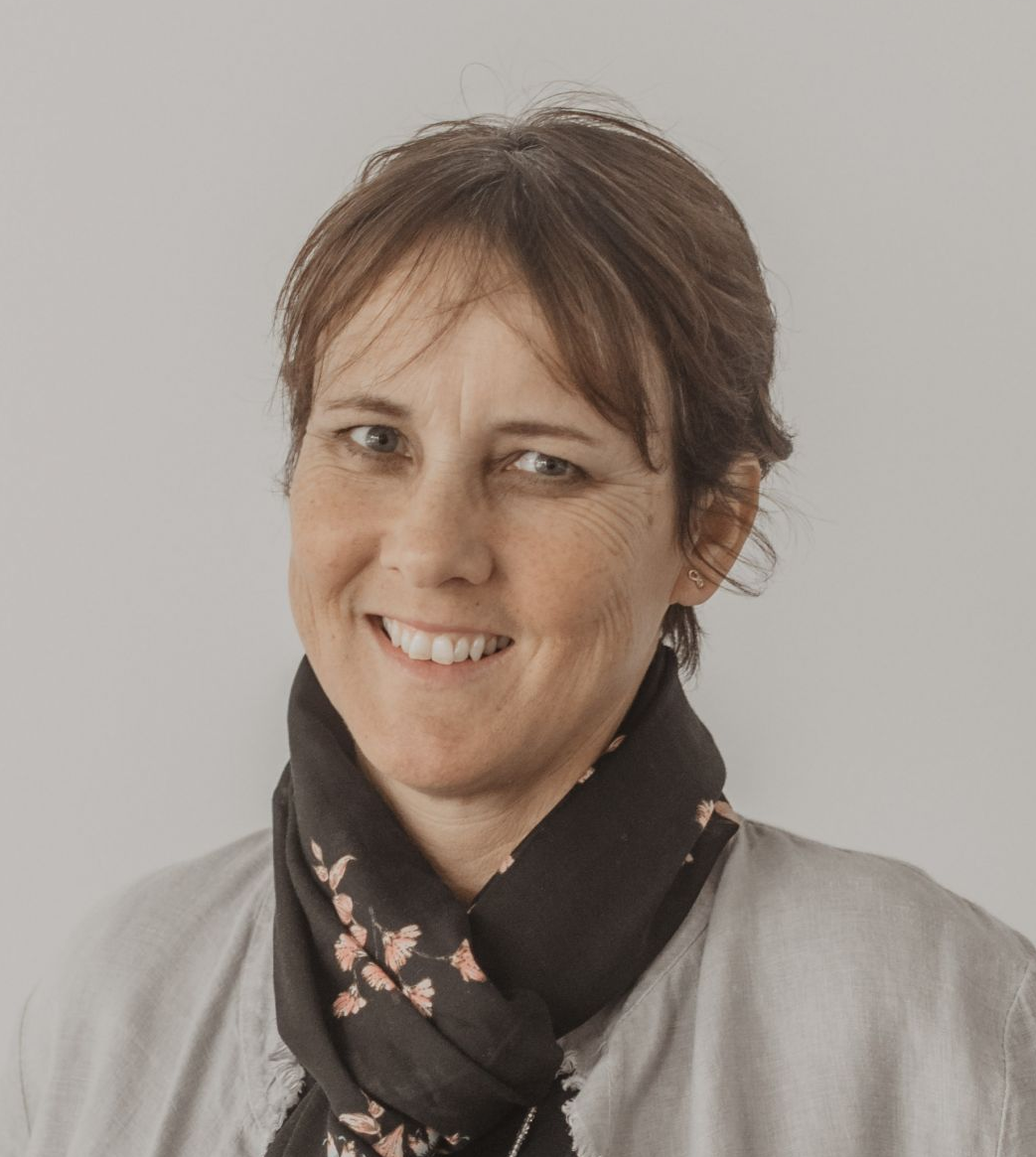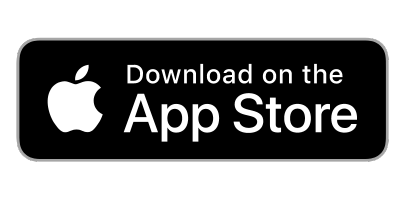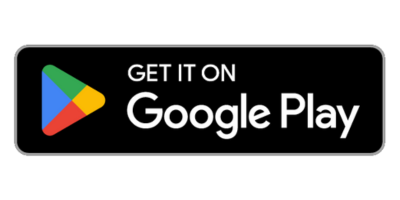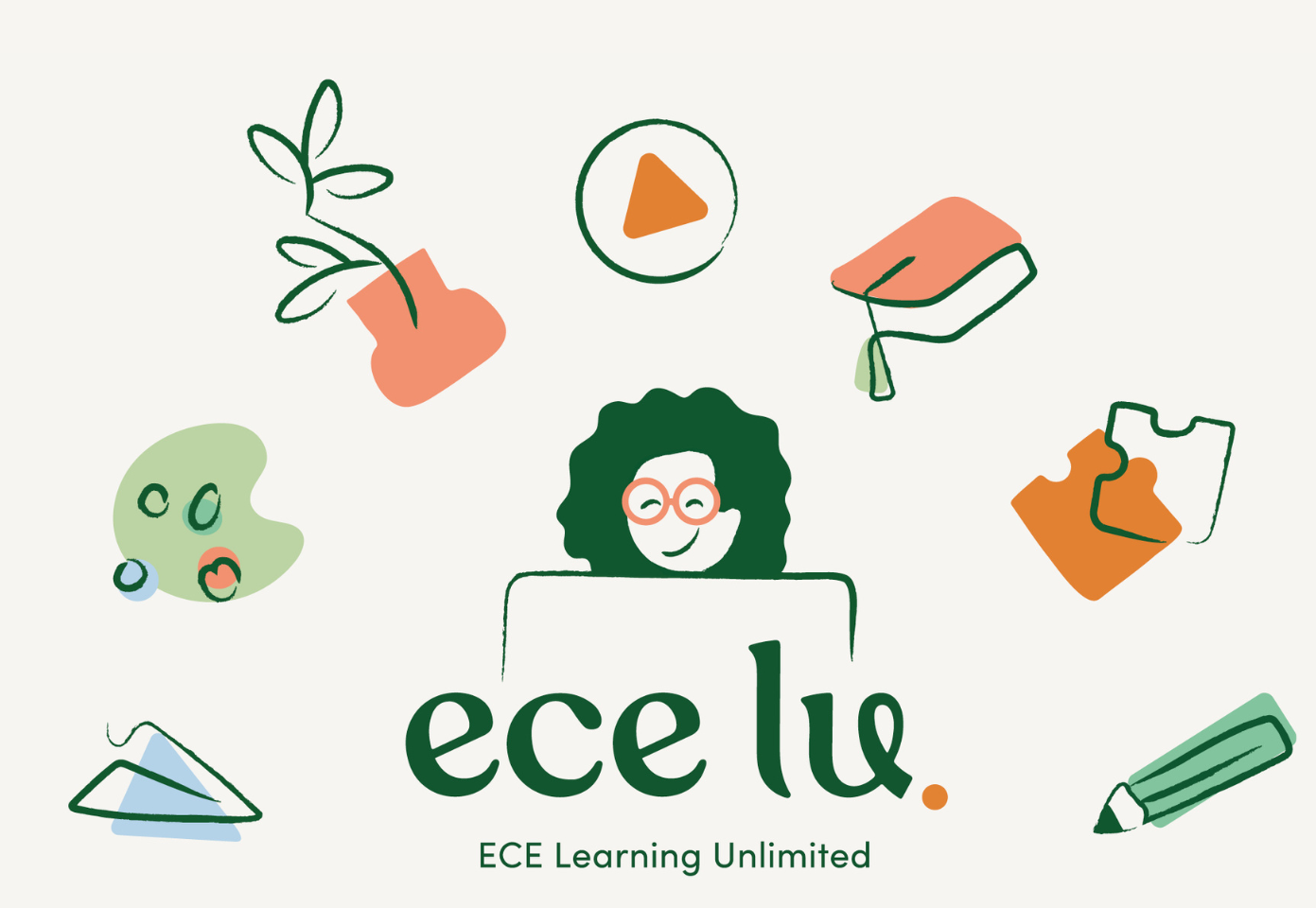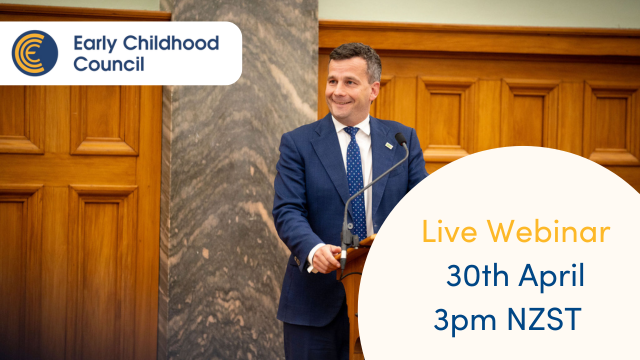I hope it does, it is long overdue that we examine the current status quo in documentation practices in early childhood education.

Over the years I have observed a shift in the intent of learning stories as the sector has become more commercially sensitive and driven by the need for full roll numbers to remain financially viable. Expectations to keep parents happy and content with the service provided has contributed to a culture of mass production of learning stories and portfolios. The introduction of digital portfolios for children has introduced the ability to include references to curriculum frameworks at the click of a mouse so that our accountability to external agencies can also be measured and reproduced in a digital report generated by the system. For larger organisations, these are useful reports to measure and check that teachers are meeting organisational expectations for documenting learning.
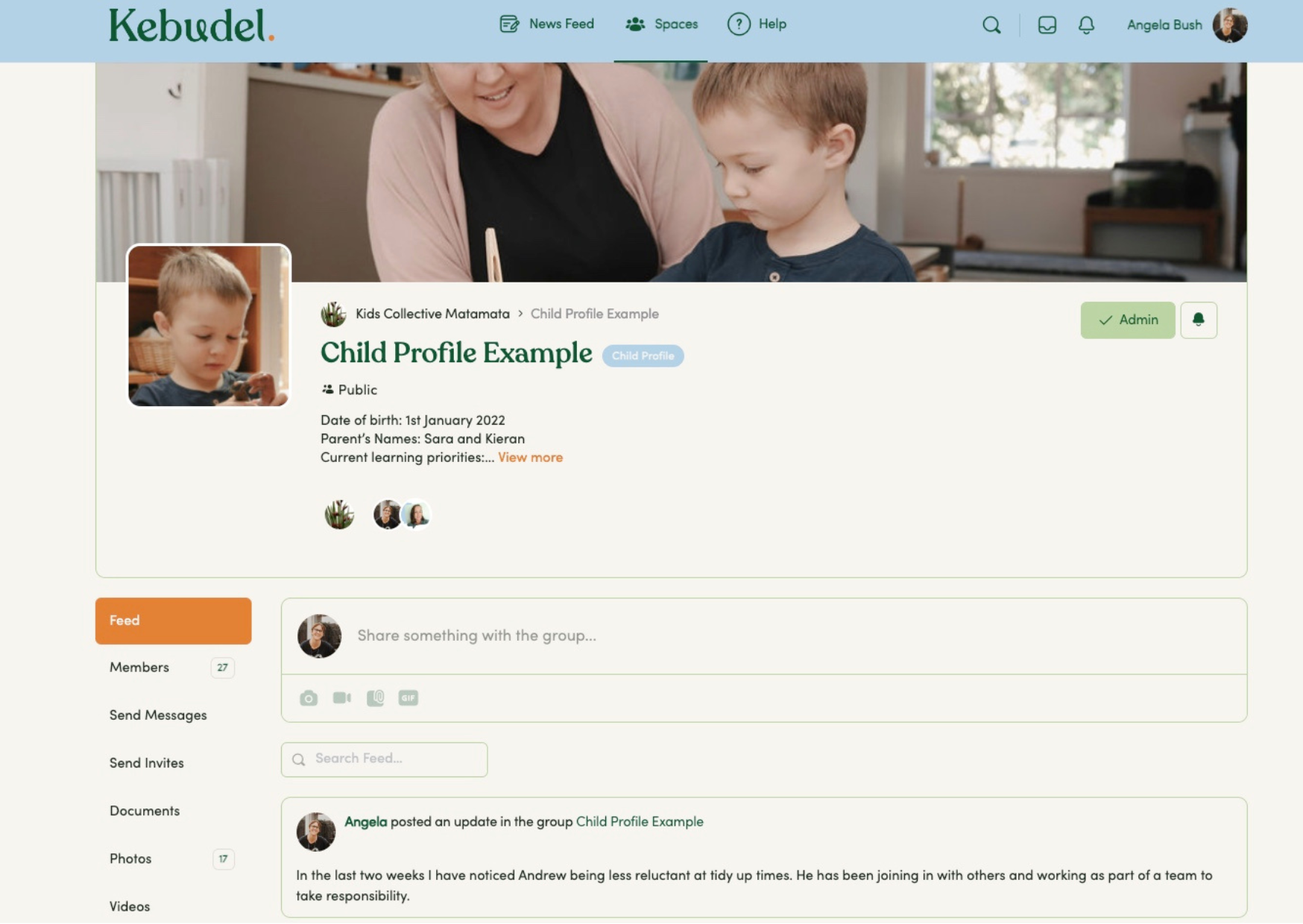
The increasing expectations from external agencies to evidence and justify our practices, and the urge for early childhood educators to constantly “prove” that we are more than babysitters, have contributed to the current treadmill of mass production of learning stories we find ourselves on. In my humble opinion, all of these factors, alongside a lack of funding specifically for professional learning for early childhood educators, have contributed to a low understanding of effective assessment and planning in ECE.
- We have lost our understanding of why we assess and plan for learning.
- We have lost our understanding of what planning is meant to be for.
- We have overloaded our educators with a burden of production rather than effective assessment, reflection and evaluation of teaching and learning.
- We have created the expectation that parents believe we are required to produce a detailed scrapbook of photographs and stories about their child. Many teachers also believe this.
- We have created the belief that children love to engage with their printed portfolio and that this therefore means they are reflecting on their learning with their teacher who has a sound understanding of their learning progression.
- We have created the belief that every child must have a printed portfolio that they can freely access, or they will miss out.
- We have created systems where teachers plan and document for children predominantly on their own without any collaboration with colleagues.
- We have created the expectation that teachers will “choose” a few learning outcomes from Te Whāriki to insert into their learning stories so that we can provide “evidence” of how we pay homage to the curriculum in our planning.
- We have created a belief that if we insert te reo Māori phrases and words into our stories Athat we have ticked the bi-cultural box.
- We have created a system where mass production of learning stories has watered down authentic assessment and communication of children’s progressions of learning.
- We have created a pervading culture of overload where teachers feel pressured to write learning stories in their own time because they have not achieved their quota for the month and children are missing out.
- We now believe that if we are producing enough learning stories, we are effective teachers.
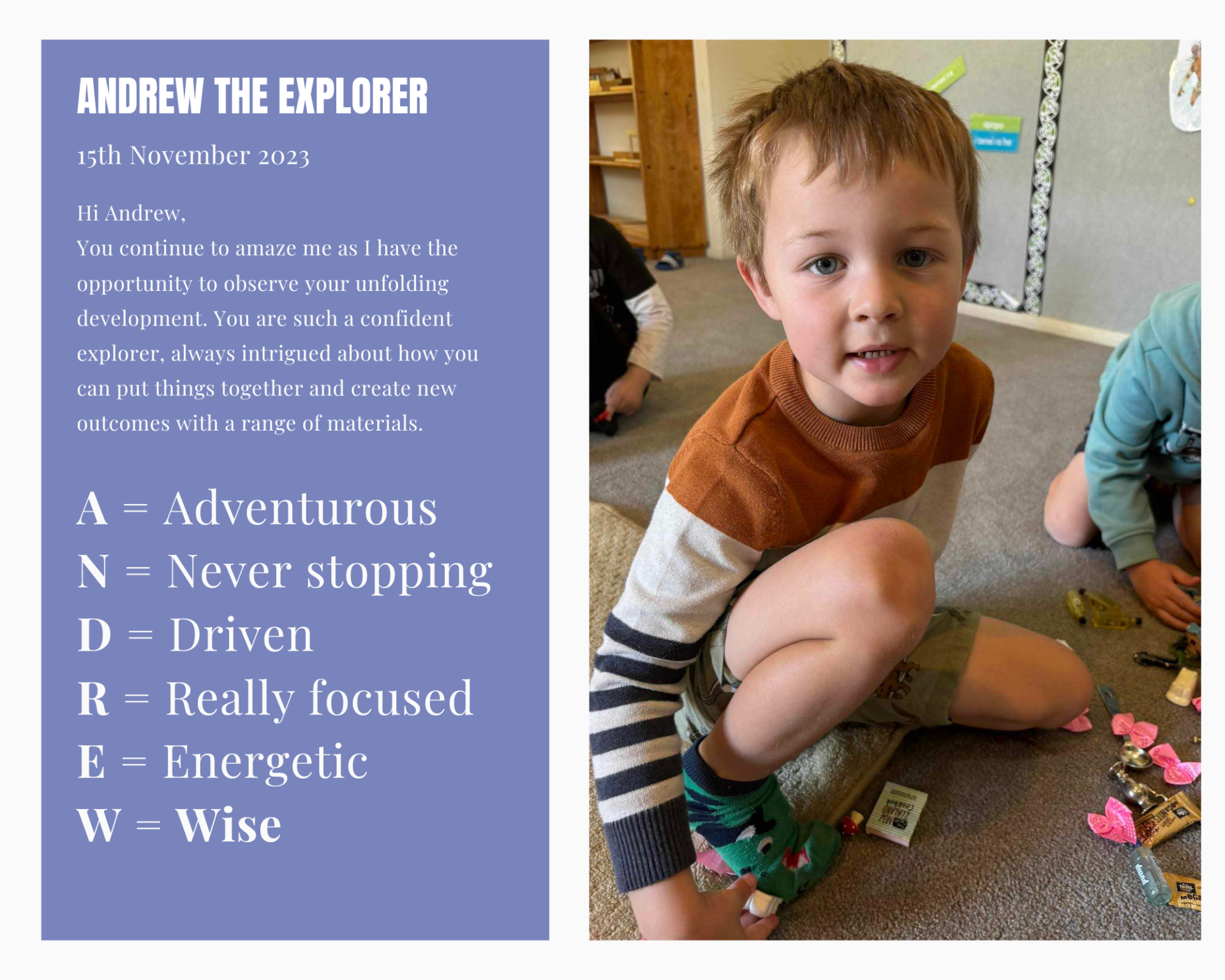
Nowhere in the licensing criteria or in Te Whāriki does it state that we are required to write learning stories. Nowhere!
The solution?
🎉 Let’s make your life a whole lot easier!
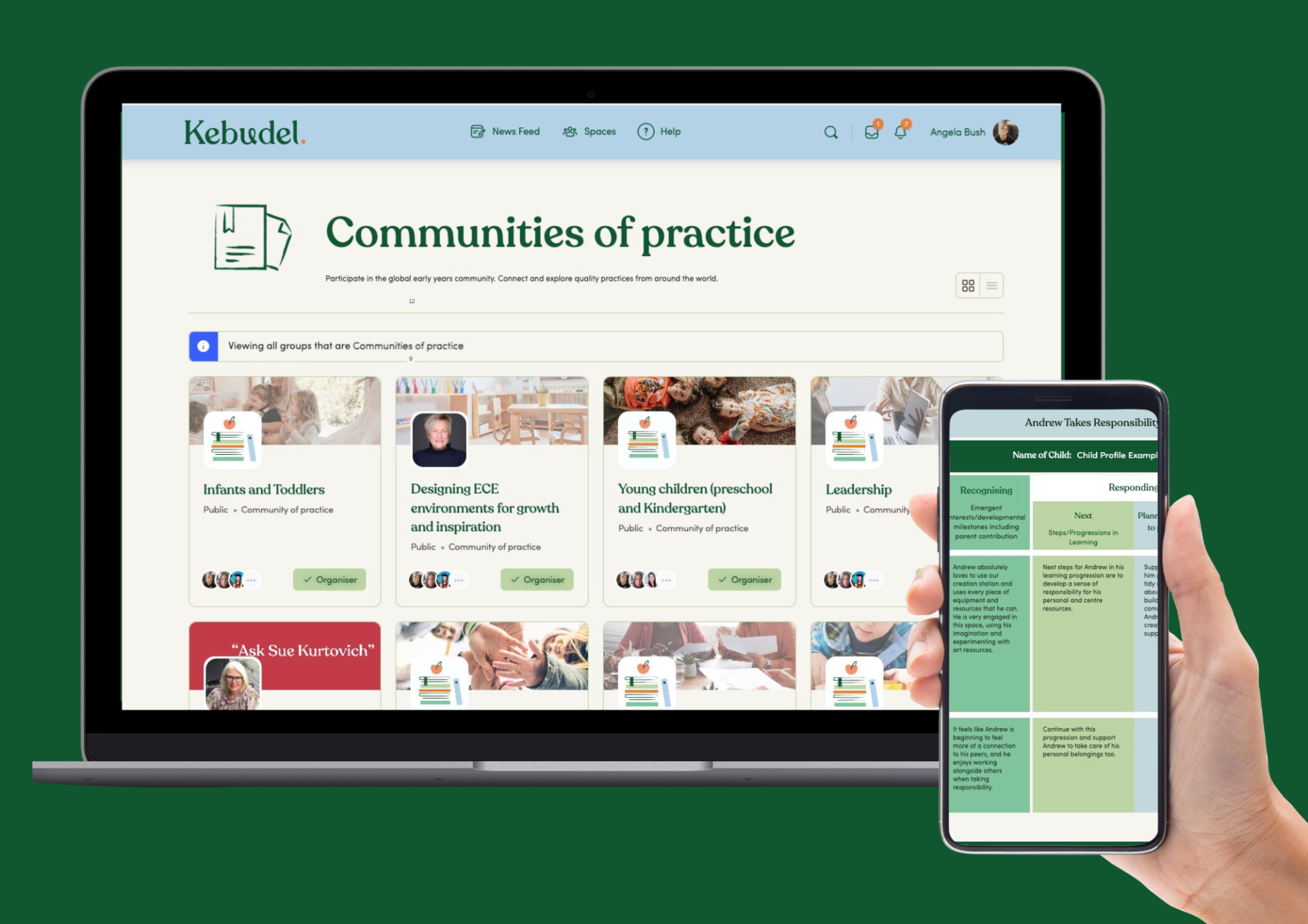
Share your thoughts...

